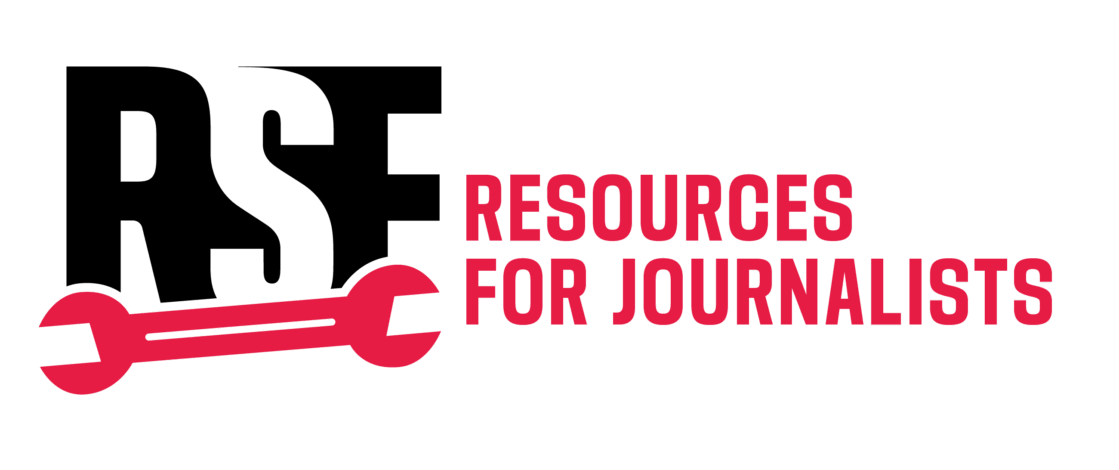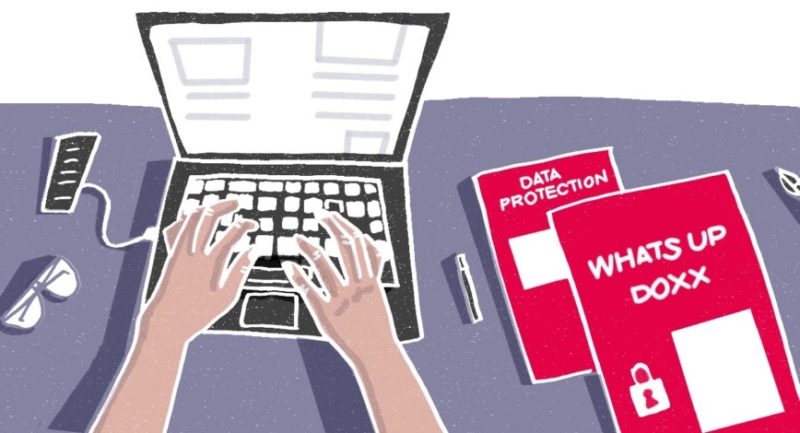Reporters Without Borders (RSF) designed this series of exercises aimed at preventing doxxing, which consists of exposing someone’s private information for harassment purposes. This last article lists some remedies journalists can implement to better protect themselves.
Thanks to previous three exercises in the series, journalists can realise the amount of sensitive information that can be found online, being on Google or social media platforms, and be aware that some of this data could be used against them by malicious actors. The last article of the series provides some actions journalists can take in order to reduce the visibility of or delete some of their personal information online.
However, it is important to bear in mind that entirely “cleaning” one’s digital footprints might be difficult to realise: some websites are no longer updated or moderated but remain online, therefore asking for the removal of information may never be treated; some legal information cannot be deleted online (e.g. a company owner’s legal representation certificate) etc. Reporters Without Borders (RSF) recommends journalists to carry out an assessment and “cleaning” of their online data once a year.
On social media: tighten privacy settings on each social media platform
Following the assessment carried out in Exercise 3 to define which information should not be publicly available anymore on your social media, you can either delete or privatise sensitive information, and limit who can see accounts wherever possible.
Time: 10 mins ~ 1 hour
Process: Follow the instructions available in the privacy settings of each social media platform. Below are links for several major platforms:
On Google: remove personal data from Google Search
Following the assessment carried out in Exercise 2, it is possible to request search engine Google to unlist and clear one’s personal information from its database.
Time: 15 mins. Though it may take days for Google to review and process a request.
Process: Follow the Google Support instructions, to find the “Results about you” on your app, review them and request their removal.
If being doxxed: contact the Digital Security Helpline at Access Now
If your personal information is under threat of doxxing or has been doxxed, digital rights group Access Now can offer free-of-charge support. Access Now works with major social media companies to protect journalists and human rights defenders from doxxing or digital threats. They provide support and advice to help secure or recover online accounts, and on digital security in general.
Time: Access Now will respond in real time, but may require identity verification and clarification of request.
Process: Fill up their contact form (available in multiple languages).
← Read Part 1: Define the perimeter of your online privacy
← Read Part 2: How much of your private life can be found on Google?
← Read Part 3: How much of your private life can be found on social media?



